
Liquid vs Powder Detergent: What’s Better for Baby Clothes?


Rs. 795.00

Rs. 1,145.00
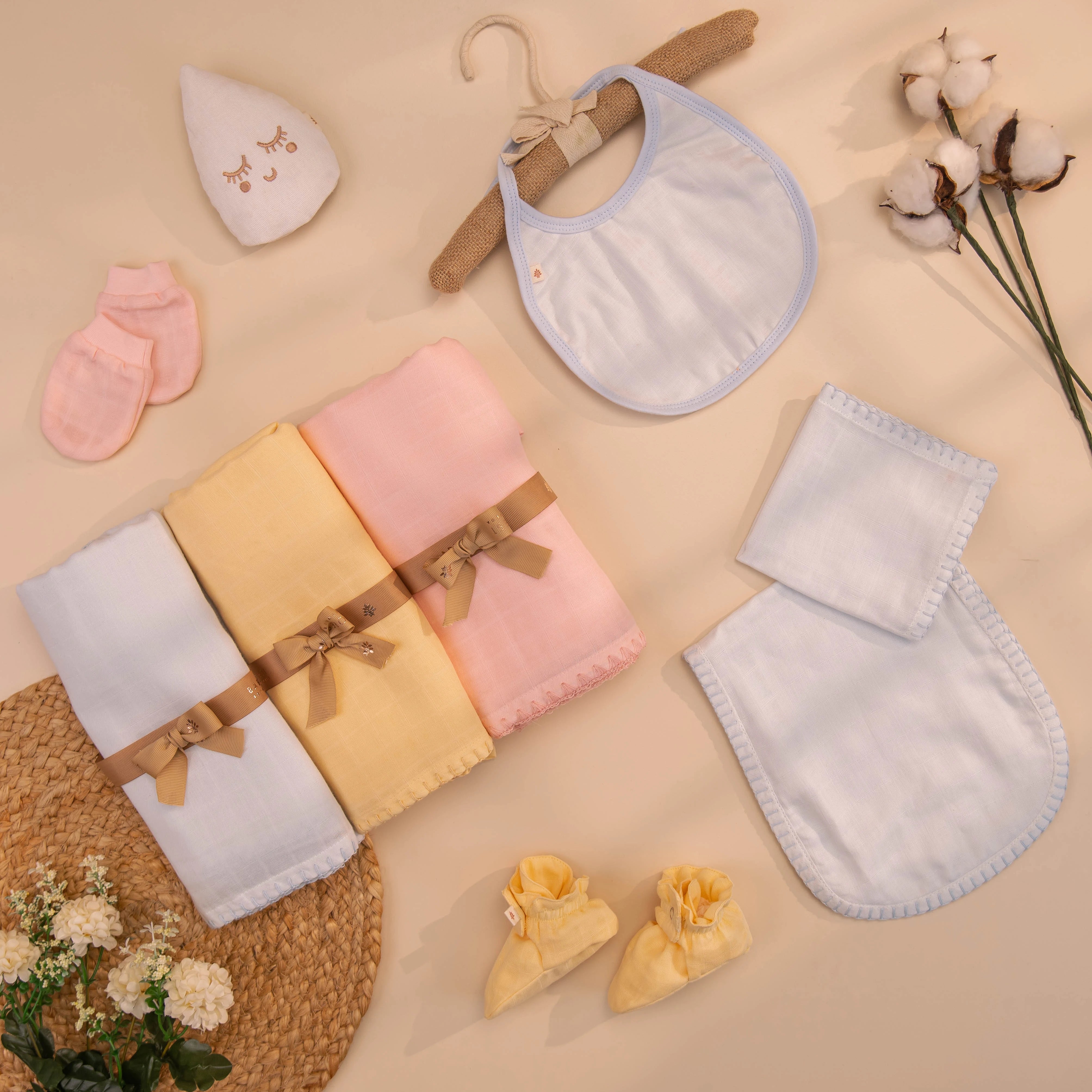
Rs. 2,995.00

Rs. 1,049.00
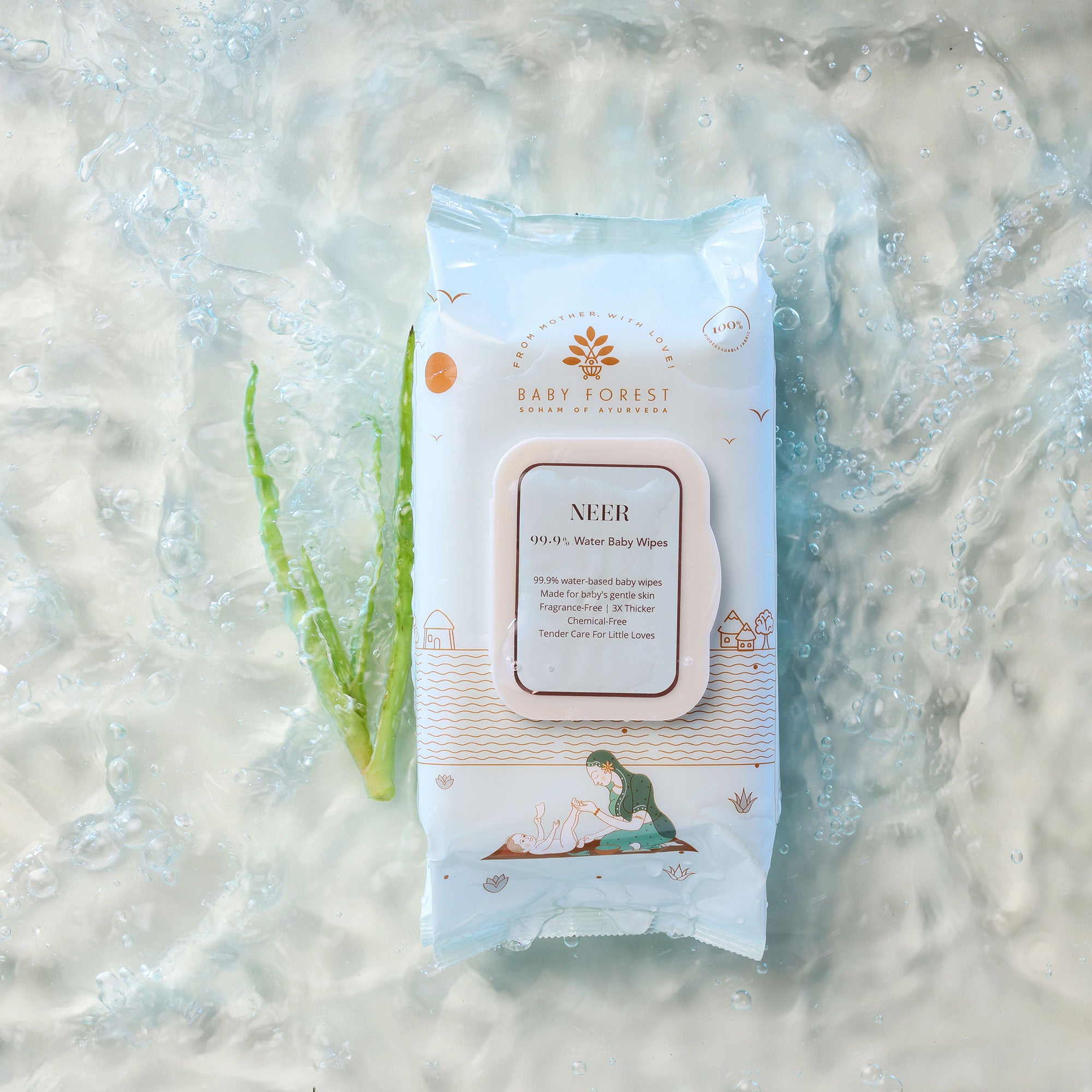
Rs. 449.00
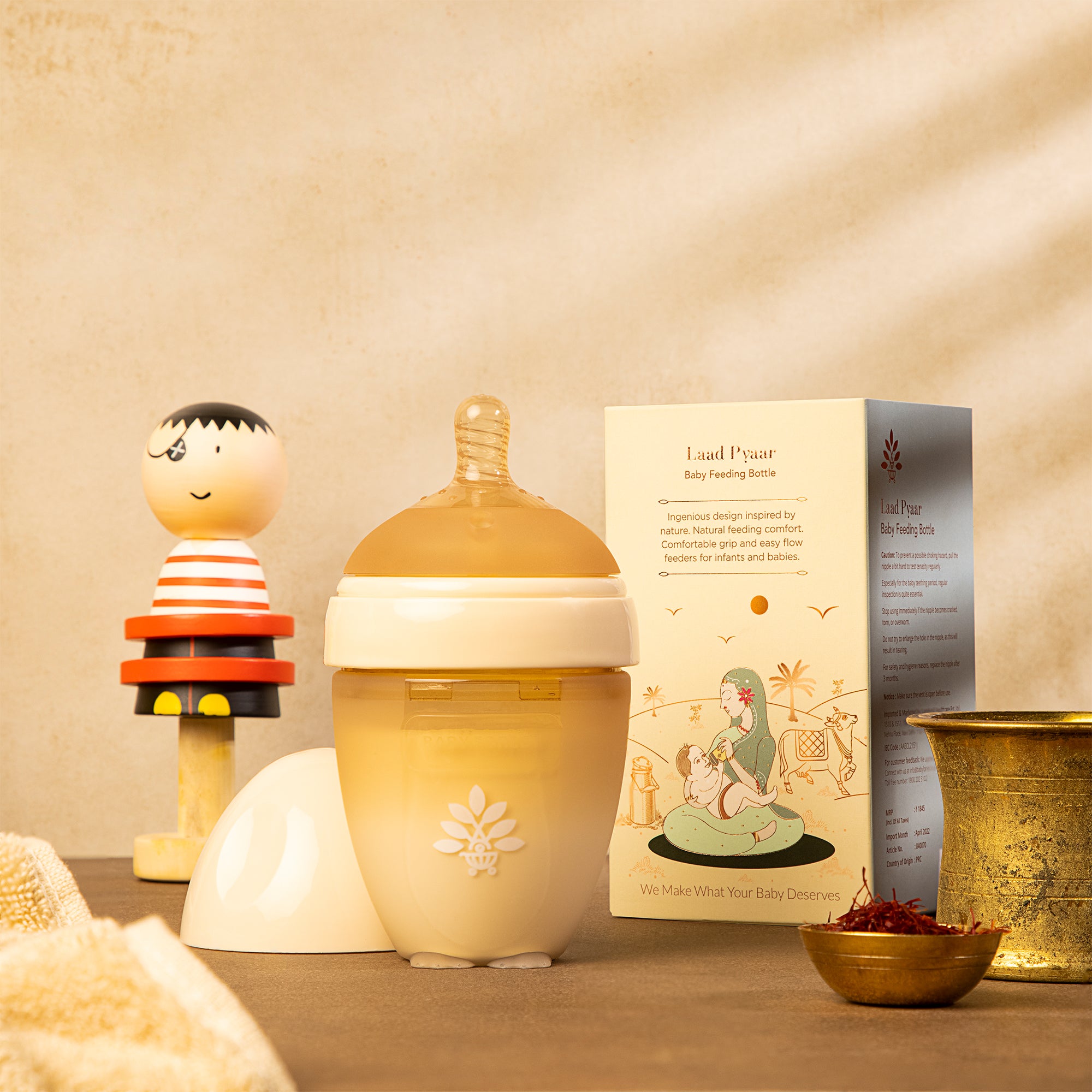
Rs. 1,845.00
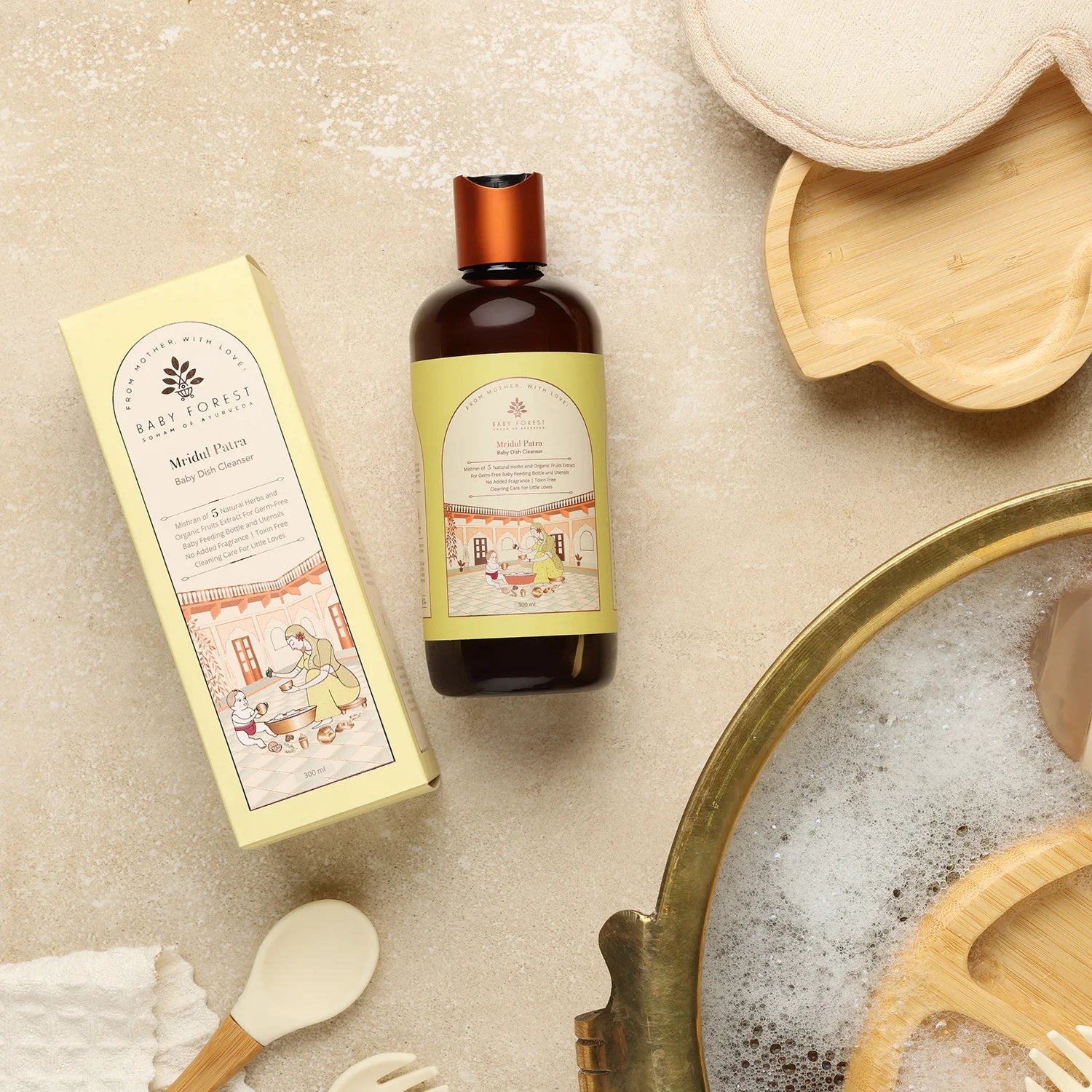
Rs. 475.00
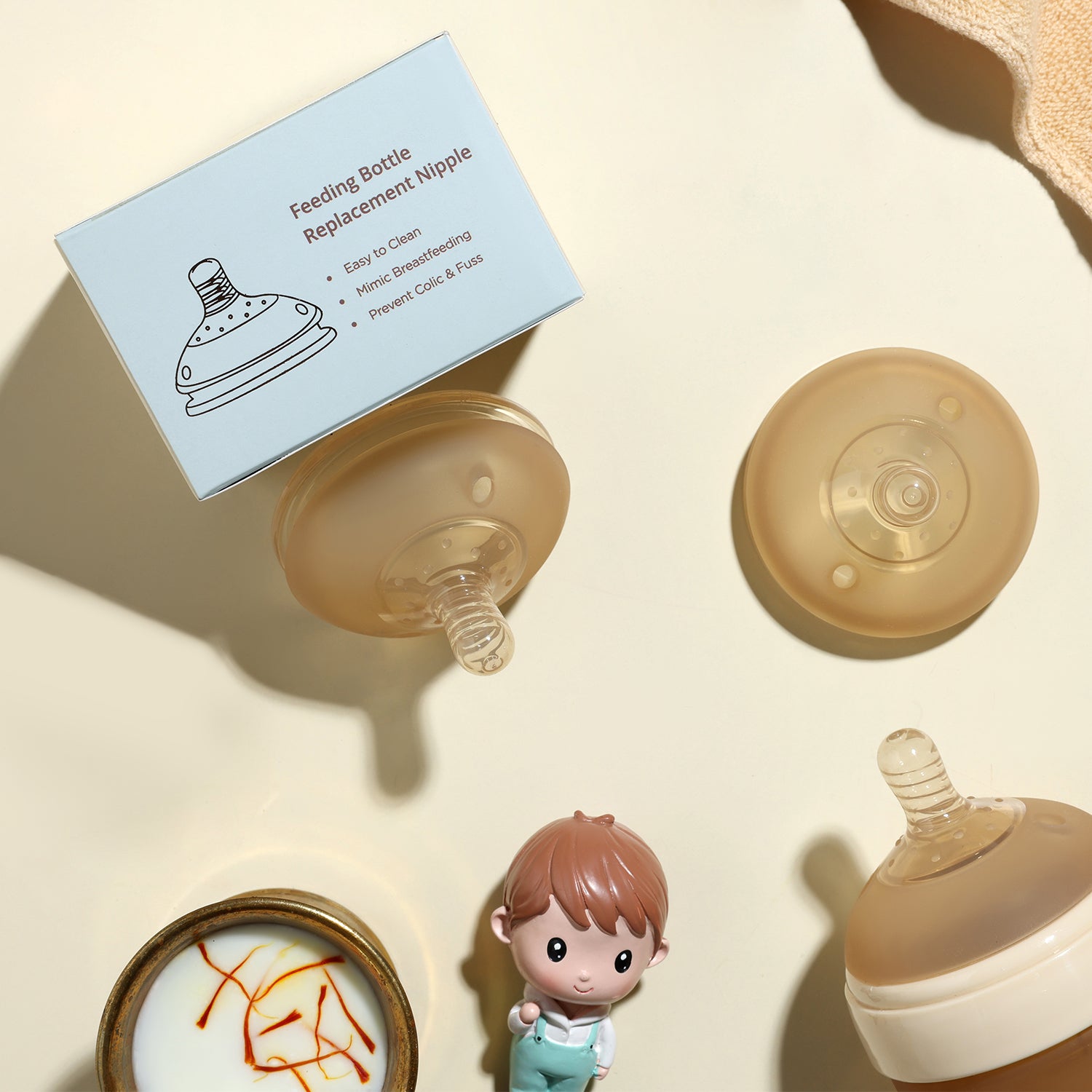
Rs. 249.00

Essential Tips for Caring for a Premature Baby at Home

What to Do About Flat Head Syndrome in Babies

Why Is My Baby Losing Weight After Birth? When to Be Conc...

What Are Baby Growth Spurts? Everything Parents Need to Know

Top 5 Nursery Rhymes Every Parent Should Teach Their Kids

Baby's First Words: What to Expect and When

Why Almond Oil Is a Must-Have for Your Baby's Skincare Ro...

A Comprehensive Guide To Toilet Training For Your Baby

Nishkraman: The Right Time to Take Your Newborn Out

What to Eat When Pregnant: Your Ultimate Guide to a Healt...

How to Introduce Your Baby to Learning?

Baby Milestones and Development of a 9-Month-Old

Baby Milestones and Development of a 3-Month-Old

A Day in My Life as a 12-Month-Old

Baby Milestones and Development of a 2-Month-Old

Understanding Newborn Reflexes: What Every Parent Should ...

Baby Milestones and Development of a 6-Month-Old

Liquid vs Powder Detergent: What’s Better for Baby Clothes?

Baby Wipes vs. Adult Wipes: Understanding the Main Differences

What Is Separation Anxiety? Signs, Causes, and How Parents Can Help

The Complete Guide to Choosing the Right Sunscreen for Kids

Why Floor Cleaners Are Important for Homes with Babies
Congratulations on the first month with your newborn! This early stage is a period filled with growth, development and different baby milestones that might seem subtle but are crucial to note and know. As you navigate the first month of parenthood, witnessing your newborn's rapid development is both exhilarating and daunting. Here's an in-depth look at what you can expect from your one-month-old baby, from physical growth to sensory experiences, and some essential parenting tips.
Babies typically gain around 1.5 to 2 pounds and grow approximately 1.5 to 2 inches in length since birth. It's also common for their head circumference to increase significantly. Don't be alarmed if your baby's sex organs appear swollen due to your hormones, which are normal and temporary.
Your baby's healthcare checks will focus on these growth parameters to ensure they are on the right track. Remember, babies grow at their own pace, so variations are entirely normal.
In the first month, your baby will mostly exhibit reflexive movements. These are crucial for their motor development:
At one month, your baby's senses are already actively developing:
During the first month, your baby will hit several developmental milestones:
Feeding will still be on-demand, roughly every two to three hours, whether you're breastfeeding or formula feeding. Your baby will typically consume about 3 to 4 ounces per feeding. Ensure they're feeding effectively by monitoring their diaper output—expect around five to six wet diapers a day.
Sleep is still in short bouts—about 14 to 17 hours spread over a 24-hour period, divided between nighttime sleep and short naps throughout the day. Establishing safe sleep habits is crucial; always place your baby on its back in the baby's cradle.
The appearance of a newborn can sometimes surprise new parents. Babies often have a slightly misshapen head after birth due to passing through the birth canal. This usually corrects itself within a few days. Many newborns also exhibit milia (tiny white bumps) or baby acne due to maternal hormones, which clear up on their own. Another common feature is a slightly jaundiced hue caused by the buildup of bilirubin; this usually peaks around the third or fourth day after birth and gradually improves. If you notice any significant or prolonged changes in your baby's skin color or condition, it is important to consult with your pediatrician.
Be on the lookout for common issues like cradle cap, baby acne, or more significant concerns like colic, characterized by prolonged periods of crying. Regular checkups will help address and manage these issues early.
Tracking your baby's diapers is an effective way to monitor their health in the first month. You should see at least five to six wet diapers a day, which indicates that your baby is adequately hydrated. The stools of a newborn will change from the thick, black meconium seen in the first few days to a lighter, mustard color if breastfeeding or a darker stool if formula feeding. The frequency and consistency of their stools can vary widely; however, any signs of dehydration or unusually colored stools should prompt a discussion with your healthcare provider.
Read our blog to learn more - Baby Poop Color
Here are some health tips for the first month that can help you ensure your newborn's well-being:
This first month is just the beginning of a fantastic journey. Each baby is unique, and while milestones provide a guideline, the most important thing is to enjoy the process of getting to know your baby. Keep nurturing, keep loving, and keep learning together!

